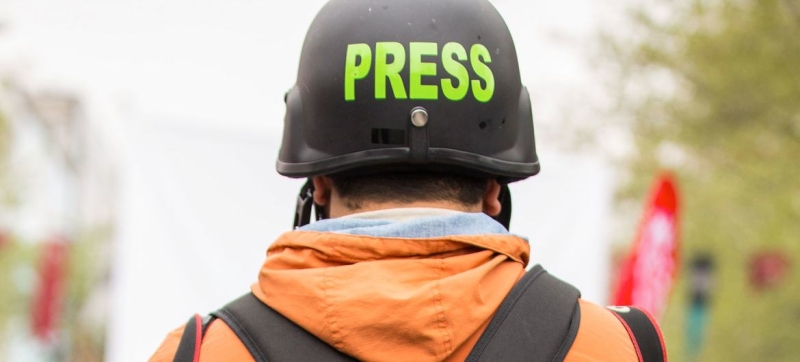
UNESCO helps ensure the safety of journalists around the world. UNESCO Director General condemned the murder of Kazakh journalist Aidos Sadykov Culture and education
Aidos Sadykov was shot in the courtyard of the house in Kyiv, where he lived in exile, and died in hospital on July 2.
Kazakh journalist Aidos Sadykov wrote about corruption, published on the Internet for the last ten years and ran his own YouTube channel. He was reportedly shot dead in Kyiv, where he lived, on June 18. Sadkov was taken to the hospital and was in a coma for 13 days.
“I condemn the murder of journalist Aidos Sadykov and call for a thorough investigation to bring those responsible to justice,” said the General Director UNESCO Audrey Azoulay. “Wherever journalists work, they must be guaranteed safety and given the opportunity to fulfill their professional duties.”
Death of Russian journalists in Ukraine
UNESCO Director-General Audrey Azoulay expressed regret over the death of Russian journalist Nikita Tsitsagi and cameraman of the Russian NTV channel Valery Kozhin. Both media representatives died in June in the Russian-occupied Donetsk region of Ukraine.
Nikita Tsitsagi, a Russian citizen, worked as a journalist for several online publications, including News.ru. Tsitsagi was reportedly killed in a drone strike while reporting near the town of Ugledar, in eastern Ukraine, in territory temporarily occupied by the Russian Federation.
Valery Kozhin, Russian citizen , was a cameraman for the Russian television channel NTV. He was reportedly killed by shelling near the city of Gorlovka in eastern Ukraine, in territory temporarily occupied by the Russian Federation. His colleague, a journalist from the same TV channel, was also seriously wounded during the shelling.
The Director-General of UNESCO called for a thorough investigation into the circumstances of the death of media representatives. “Journalists play a critical role in providing information during conflict and should therefore be protected. I call for respect for international humanitarian law, including UN Security Council Resolution 2222 regarding the protection of journalists, media workers and associated personnel in situations of conflict,” said Audrey Azoulay.
UNESCO promotes the safety of journalists through global awareness-raising, capacity-building and a range of actions, in particular through the United Nations Plan of Action on the Safety of Journalists and the Challenge of Impunity.
